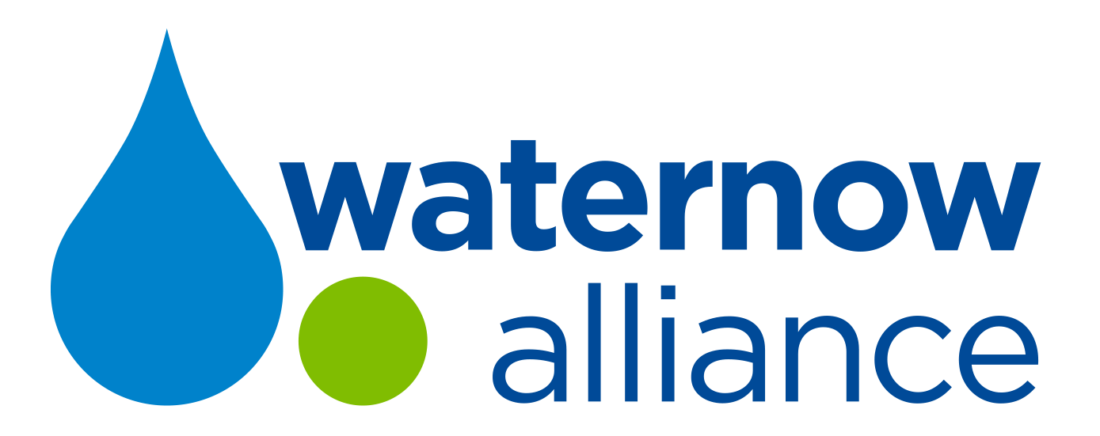Wake County, NC
Outreach Strategy for Well & Septic Financial Assistance Pilot Program Our Approach Project OutcomesProject Goal
WaterNow partnered with Wake County to develop an outreach and engagement strategy for a two-year pilot program that provides financial assistance to repair wells or onsite wastewater systems and support well water testing for eligible low-income and elderly community members. This outreach framework aimed to ensure that vulnerable and under-resourced communities are represented and supported through this pilot program, and to lay the foundation for engagement around the County’s future One Water initiatives.
Our Approach
Within Wake County, approximately 90,000 residents are served by more than 40,000 private drinking water wells and 240,000 residents are served by approximately 90,000 on-site wastewater systems. Among residents served by these systems, well contamination and on-site wastewater system failures present health risks, and high costs can discourage residents from making repairs. Comparison of economic indicators to rates of reliance on private wells show that large proportions of people rely on private wells and septic systems in some of the most economically challenged areas of Wake County. To address these challenges, Wake County launched a two-year pilot program that provides financial assistance to repair wells or onsite wastewater systems for eligible low-income and elderly community members.
In this project, WaterNow and Wake County worked together to develop an outreach and engagement strategy that helps ensure that the program’s target audience of low-income and elderly homeowners are aware of and able to participate in this pilot program. The project researched and interviewed programs and utilities that have developed successful outreach strategies focused on hard-to-reach customers, in order to identify best practices and actionable strategies to inform this effort. The team worked with local stakeholders and community members to develop and refine strategies for building awareness of and participation in the pilot program. A final outreach and engagement plan supported the uptake of this pilot project, and identified practices to support Wake County’s wider suite of One Water programming.
Outcomes
The project created a final outreach and engagement plan to support the uptake of this pilot project and identify practices to support Wake County’s broader One Water programming. The project combined insights from Wake County’s team, from customer interviews, and from community organizations to create a behavioral blueprint, mapping out a participant’s experience, along with the “behind-the-scenes” work (e.g., underlying actors, systems, touch points, policies) that goes into learning about, applying for, and receiving assistance through the Well and Septic Assistance Program. The blueprint flagged challenges and opportunities for customer engagement across each step of the program process. Based on this blueprint, the project team created an outreach and engagement toolkit that focused on the actionable next steps, resources, and examples to harness these opportunities and overcome any roadblocks in engaging customers. In particular, it outlined paths forward around opportunities to: expand and build on existing engagement with community organizations; expand outreach and communication content and strategies; engage and mobilize County resources; and engage and mobilize program participants.
Wake County has shared these materials with County partners and begun identifying opportunities to implement the outreach plan. The County hopes to expand the pilot into a long-term program, to continue providing vital support to customers relying on well and septic systems.





